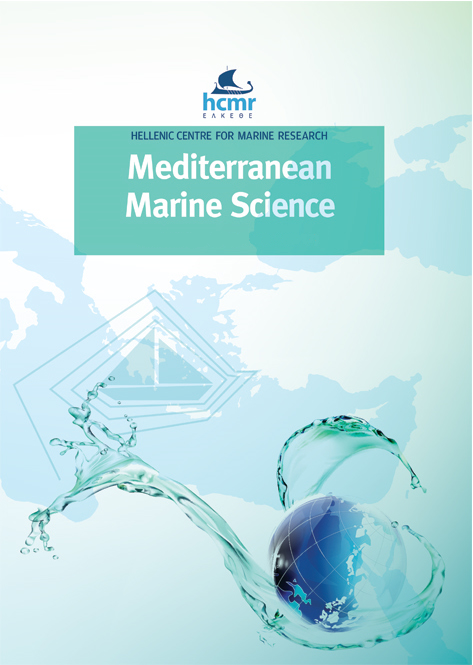It is recreational but profitability also matters: A cost-effective economic approach to marine recreational fishing in Spain
Περίληψη
This study analyses the costs of marine recreational activity in Spain for the main fishing modalities and provides a cost-effective economic indicator (CEI) for each of them. The activity costs of 4,999 fishers were collected through an online survey, along with other fishing information. The published results of this survey, catch rates and catch composition, have been used in this study. Daily expenses per fisher were estimated by dividing reported annual expenses by annual fishing days. The CEI was estimated as the ratio of the market value of one kilo of recreational catch to the cost of catching it. The CEI showed differences between modalities in all regions, but of varying magnitudes. It is concluded that the CEI could diagnose the risk level of evolving from recreational towards subsistence fishing. The higher the CEI, the more compensatory the activity and the greater the possibility of moving away from a purely recreational activity in adverse economic conditions.
Λεπτομέρειες άρθρου
- Πώς να δημιουργήσετε Αναφορές
-
GORDOA, A. (2023). It is recreational but profitability also matters: A cost-effective economic approach to marine recreational fishing in Spain. Mediterranean Marine Science, 24(1), 19–33. https://doi.org/10.12681/mms.30969
- Ενότητα
- Research Article
Authors who publish with this journal agree to the following terms:
- Authors retain copyright and grant the journal right of first publication with the work simultaneously licensed under a Creative Commons Attribution Non-Commercial License that allows others to share the work with an acknowledgement of the work's authorship and initial publication in this journal.
- Authors are able to enter into separate, additional contractual arrangements for the non-exclusive distribution of the journal's published version of the work (e.g. post it to an institutional repository or publish it in a book), with an acknowledgement of its initial publication in this journal.
- Authors are permitted and encouraged to post their work online (preferably in institutional repositories or on their website) prior to and during the submission process, as it can lead to productive exchanges, as well as earlier and greater citation of published work (See The Effect of Open Access).





